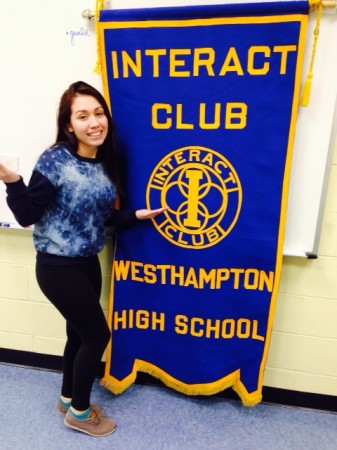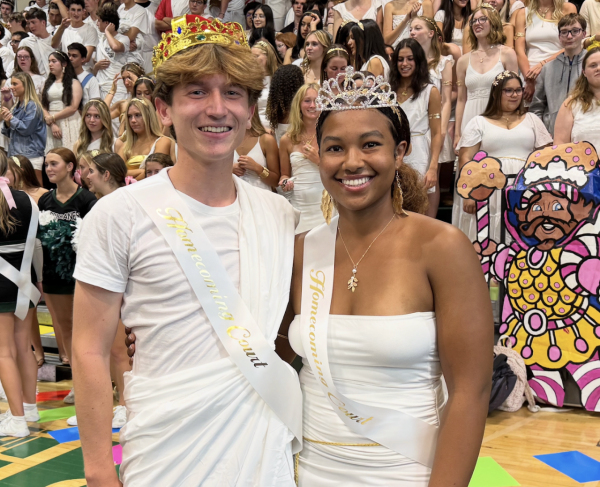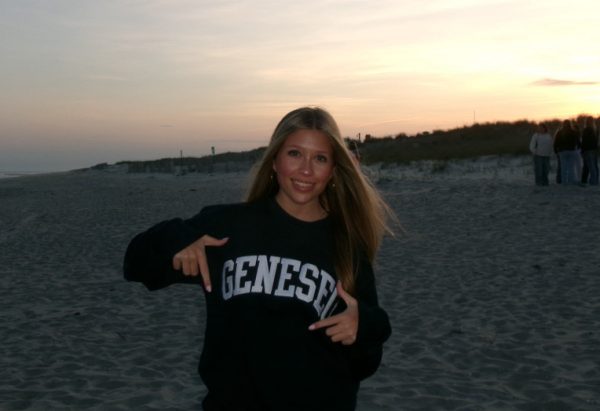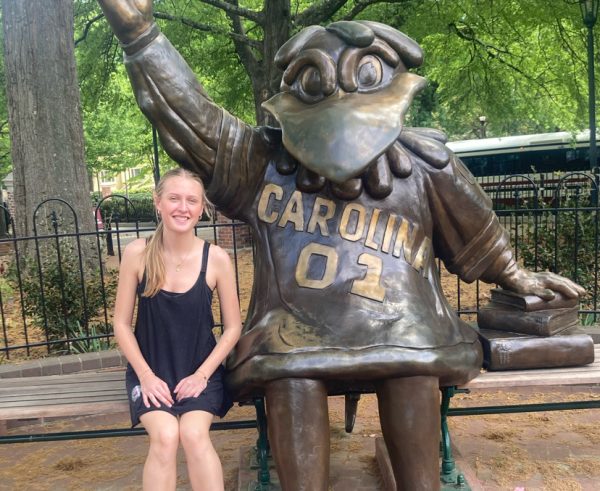Rotary Exchange: The Experience of a Lifetime
Leaving behind the normal takes a lot of guts. Rotary’s foreign exchange students attending WHBHS this year know this firsthand. This August, two foreign exchange students arrived in America and began their stay in Westhampton Beach for the 2013-2014 school year.
Rotary is a network stretched across the globe, composed of community volunteers who provide humanitarian service, encourage high ethical standards, and help build goodwill and peace in the world. They address today’s global challenges like illiteracy, disease, hunger, poverty, lack of clean water, and environmental concerns.
Rotary’s amazing foreign exchange program benefits hundreds students each year. Mrs. Kerr, our Rotary Interact club advisor, said each year Rotary hosts “about 1500 students in America. In Suffolk Country, we currently have seven.” Students can choose from a short term or long term exchange. To qualify for an exchange, you must be:
- 15-19 years old
- Flexible to try new things
- Open to cultural differences
- Able to serve as an ambassador for your own country
A short term exchange can span from a few days to a few weeks. In the short term exchange program, students would go abroad and stay with somebody their age, and then that same person will come to America with them. A great feature about the short term exchange is that trips can be molded by interests through visiting certain regions or going on certain tours.
The other option, a long term exchange, is much more involved. Students typically spend a year in another country and will attend school and live with several families, at least two but preferably more. This makes the cultural experience all the more bountiful.
I talked to exchange student Signe Sandager Schou, better known around WHBHS as Sisi, to find out more about her experiences. She is from Denmark and decided to come to Westhampton Beach on long term exchange.
ZJ: What was your first American experience?
SS: “Well first of all my suitcase didn’t come immediately when I got off the plane so I was freaking out! There was so many guys with huge guns standing around looking really mean. Americans have so many guns! I got pulled off to the side alone and there was a big mean guy looking at me with a big gun.
I was about to cry.”
ZJ: What were you most nervous about before coming here?
SS: “I think I was not really nervous until after I got here. I got nervous before and during the first week of school.”
ZJ: How is WHB different from your school at home?
SS: “I don’t even know how to compare schools. I’m used to staying in one classroom where the teacher comes to us, and we call teachers by their first name. In America you guys do so much homework! We hardly have any homework at home, maybe once a week and never hours of it. People also can never pronounce my name, and since I can’t pronounce some words they find it quite funny.”
ZJ: How was the first time you met your host family?
SS: “At first I was pretty nervous because of course you never know what family you’re getting, but after the first awkward hug I immediately connected with the girls. They are like my American life now; I love them.”
ZJ: How do you get over being homesick?
SS: I’ve not really been homesick, the first day is tough because it’s weird sometimes being totally alone. When you’re away from home even if you have a lot of good friends you are alone, but I really like it here so I’m not homesick too often. Sometimes I Skype with my mom and I get letters from her like every week. I love getting letters. It’s amazing.”
This opportunity is taken up by few, but has an endless amount of benefits. Mrs. Kerr said, “Every student grows up and matures incredibly. You also come back fluent in another language. It’s a wonderful thing to put on your college transcript, and all of our students get into their first choice schools. In general, it’s the experience of a lifetime.”
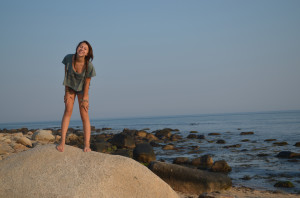
Zoe is a junior who grew up in Hampton Bays and moved to East Quogue three years ago. She enjoys cats, going to the beach, and being with friends. Her...


